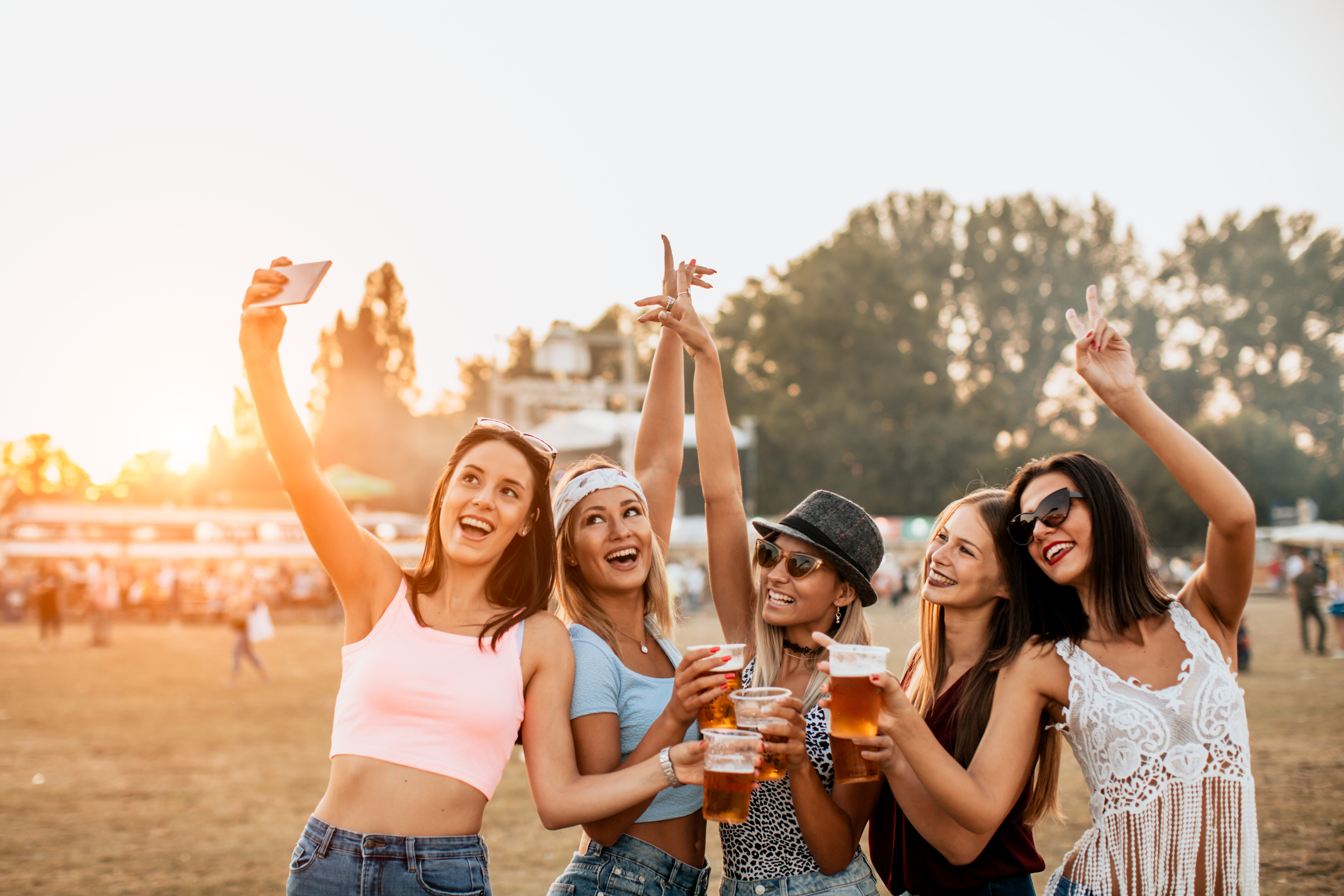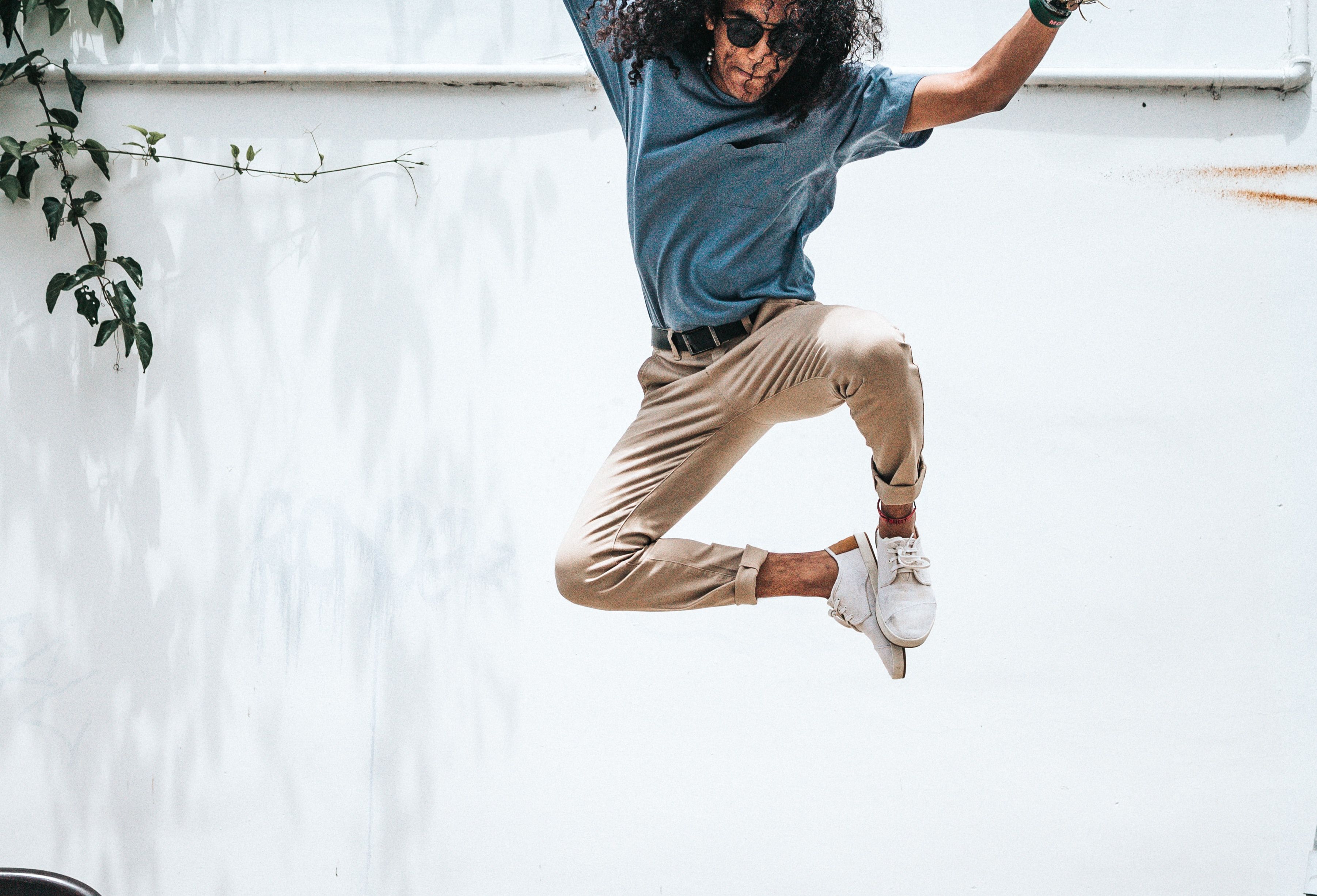Influencers reach millions of people on Instagram, TikTok or YouTube - an indispensable and often lucrative advertising channel for companies. Recently, influencers have also increasingly been promoting alcoholic products as after-work drinks or in-drinks on social media platforms. However, especially when advertising may appeal to minors, there are legal issues to consider.
For months, the advertising industry in Germany has been heatedly discussing the German Federal Ministry of Agriculture and Food's planned bans on advertising sweets and other unhealthy foods to children on television and social media. Meanwhile, another trend seems to be spreading on TikTok and Instagram: The advertising industry is increasingly using the Internet as a targeted advertising space for alcoholic beverages. Advertising messages often appeal primarily to the needs of young adults, and alcoholic beverages are portrayed as hip after-work drinks and decorative lifestyle products.
In principle, alcohol advertising is allowed in Germany, including on social media. In 2021, an expert opinion of the German Bundestag came to the conclusion that a complete ban on alcohol advertising would not be constitutionally permissible, but would violate the fundamental right of freedom of occupation. Nonetheless, critical voices have also been growing recently.
Restrictions on alcohol advertising to minors
In fact, there are certain restrictions on alcohol advertising: Alcohol advertising may not be directed at children and adolescents in broadcast and telemedia (including social networks). In this regard, the Interstate Treaty on the Protection of Minors in the Media (Jugendmedienschutz-Staatsvertrag, JMStV) stipulates in Section 6 para. 5 that "advertising for alcoholic beverages may not be directed at children or adolescents, nor may it particularly appeal to children and adolescents by the way it is presented or depict them drinking alcohol." When an advertisement is directed at minors depends on the individual case. The mere fact that a reel is broadcast on an Instagram channel at the time of day, for example, is unlikely to be sufficient. It only could be evaluated differently if alcohol advertising is integrated on channels that are primarily aimed at young people in terms of their entire design, content and topics. Decisive criteria here are the youth affinity of the advertised product (keyword: alcopops), the youthful presentation of the advertising, youthful-looking influencers and general associations with the circumstances of minors.
The portrayal of excessive alcohol consumption is also prohibited by Section 8 para. 10 of the Interstate Media Treaty (MStV), which stipulates that advertising for alcoholic beverages must not promote the excessive consumption of these very beverages. This provision therefore not only protects young people and children, but also goes beyond this in general.
Code of Conduct of the German Advertising Council
In addition, the German Advertising Council, the industry's self-regulatory body, has drawn up an extra advertising code for social networks on the commercial communication of alcoholic beverages.
On the one hand, age restrictions or an age warning are to be set up on social media platforms to ensure that content is only directed at people for whom purchase and consumption is legally permitted. In addition, alcoholic beverage manufacturers should manually moderate forwarding or sharing of posts. Also they shoud exclude people under the age of 18 from these posts and delete them if necessary. Content that is not placed by the advertising company but by third parties on the channels of manufacturers of alcoholic beverages must be regularly checked for compliance with the specified codes of the advertising industry. In addition, there is a duty for manufacturers of alcoholic beverages to inform in their social media presences. Users are to be informed that content can be deleted if it contradicts the specified code. In distinction to so-called "fan pages" that cannot be controlled by the company, manufacturers of alcoholic beverages should indicate that they are the official operator and responsible party of the respective offer.
However, the rules of the Advertising Council are not standardized by law. In the event of violations, third parties can file a complaint with the German Advertising Council, which initiates a complaint procedure. In the worst case, affected companies face a public reprimand if they do not stop or change an advertisement after a decision by the Advertising Council. However, this does not have any legal consequences.
A look across national borders
The regulations on alcohol advertising are much stricter in other countries. In Switzerland, for example, posts by influencers may only contain information and representations that relate directly to the product and its properties. A hashtag à la #behappydrinkvodka would therefore be prohibited. Also mood images or people in consumption scenes may not be depicted either; the same applies to sweepstakes involving alcohol. In Switzerland, compliance with the rules is monitored by the Federal Customs Administration, which has already imposed fines on influencers several times in the past.
France is similarly strict: although a complete ban on alcohol advertising for influencers was recently shot down in parliament (unlike influencer advertising bans for cosmetic surgery and nicotine pouches, which are coming soon). Still in effect, however, is the so-called Loi Evin, which contains strict rules on alcohol advertising (including mandatory health messages in all advertising). Earlier this year therefore a Paris court ruled that Meta Group (parent company of Facebook and Instagram), must remove 37 posts by influencers on Instagram that were deemed illegal, as alcoholic beverages were improperly advertised in the posts.
In Lithuania and Turkey, advertising for alcoholic beverages is even banned outright.
As a result, alcohol advertising by influencers is not as strictly regulated in Germany as it is in other countries. However, companies and influencers should not act carelessly in this country. In addition to the normal labelling requirements for advertising on social networks, special attention should be paid to the restrictions of the State Media Treaty and the State Treaty on the Protection of Minors in the Media. Violations of these can result in warnings. It remains to be seen whether there will be further regulation of alcohol advertising on social media and whether the voices calling for a complete ban on advertising will grow louder.

